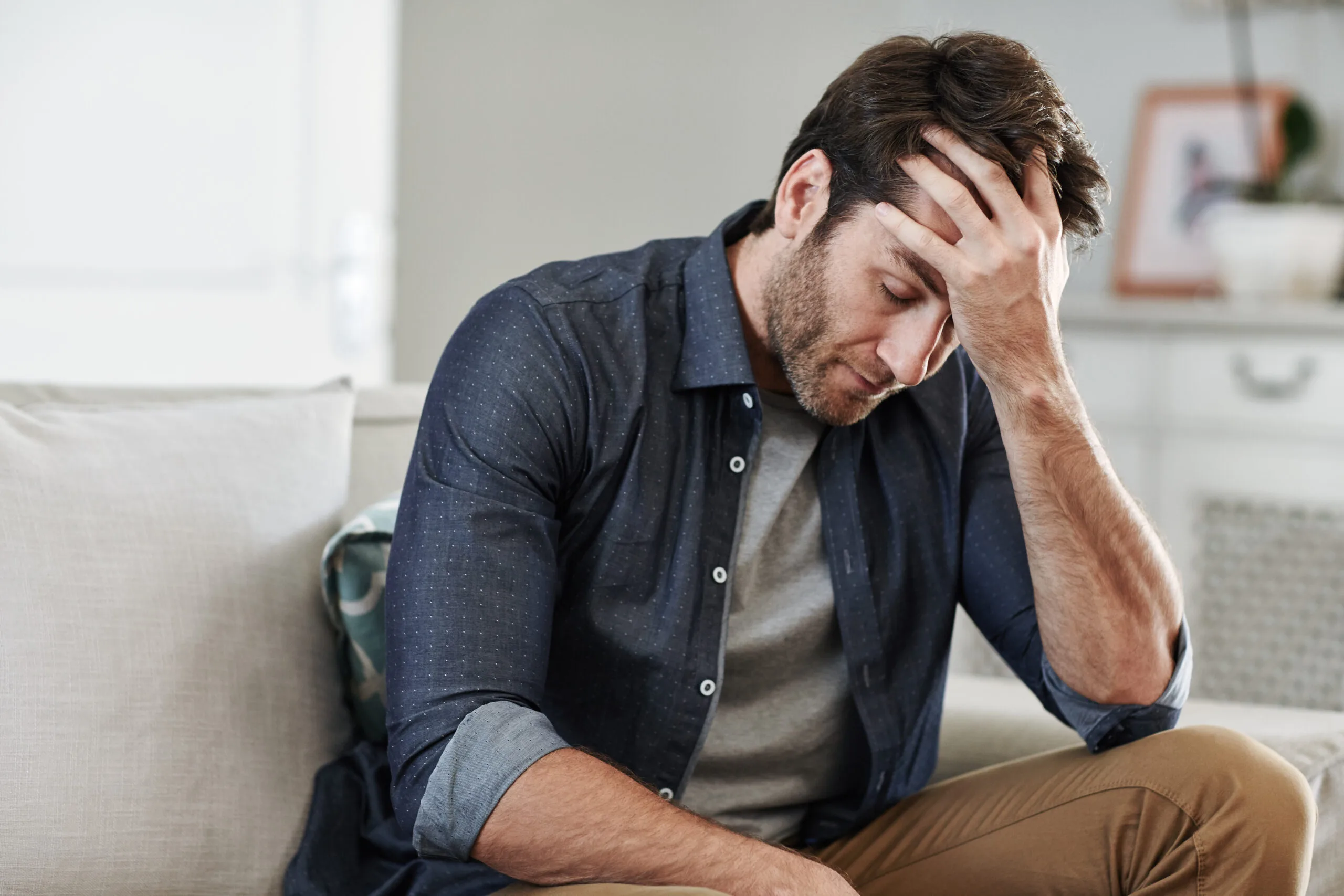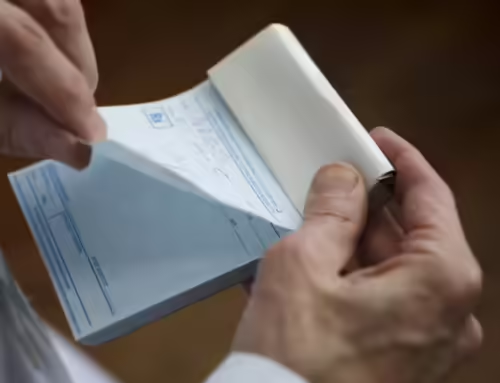Opioid Addiction Recovery: the Relapse Rate After Rehab
Relapsing doesn’t mean that a person has failed their recovery.
It doesn’t necessarily mean the medical staff who assisted in their recovery didn’t do their jobs, that the treatment plan was a waste of money, or that they’re doomed to fight addiction forever.
Addiction recovery is a complex journey that is full of ups and downs, progress and setbacks, and sometimes relapse is a pivotal moment in a person’s recovery. The good news is, as long as you get back up every time you fall down it’s never too late to achieve long-lasting sobriety.
Educating yourself about relapsing benefits those in and out of the active recovery community, enabling you to not only recognize pre-relapse warning signs in yourself, but symptoms in your loved ones.
In this article, we’re going to identify the cyclical patterns occurring within the opioid epidemic, take a closer look at why people relapse and what the relapse rate after rehab is.
What is a relapse?
While relapse can refer to the reemerging or worsening of certain symptoms or behaviors within a variety of conditions, we’re going to address it specifically in the context of addiction here.
Within the addiction recovery community, “relapse” refers to when a person returns to using drugs or alcohol after a period of sobriety.
Relapsing can occur at any point in a person’s journey, even after decades, but it is most common in early recovery (generally considered to be the first six months of sobriety). This is due to how many mental, physical, social and professional changes the person is experiencing during the initial year of their sobriety, often simultaneously.
Opioids: the basics
Opioids are highly addictive drug that includes prescription painkillers (like oxycodone) and illegal substances (like heroin). Opioids in every form dramatically influence and alter the brain’s pleasure and reward receptors, making this substance especially difficult to overcome.
An opioid relapse can happen at any stage of the recovery journey.
Some of the most common factors that influence a relapse include:
- Stressful life events
- Financial difficulties
- Social or environmental triggers
- Arrogance and complacency around managing one’s temptations
- A lack of support
- The presence of other mental or physical conditions
It’s important to note that a relapse can happen at any stage of the recovery journey and that those struggling with alcohol or other drug addictions have just as much potential to experience a setback as those struggling with opioid addiction.
What is the relapse rate after rehab?
The completion of an opioid detox and treatment plan doesn’t mean that you’re “done” with recovery; quite the opposite, in fact. There are a variety of other “phases” of recovery that are completed outside of a treatment center, and for some people, that includes a relapse.
The relapse rate after rehab is between 40 and 60. percent, with many of those relapses occurring within the following 90 days after completing the rehabilitation program.
This isn’t to say relapse is inevitable, or that it’s some essential right of passage to gain the title of sobriety; it’s simply a fact. Whether or not you contribute to that statistic, is up to you.
What do you do after a relapse?
If you or someone you love has relapsed, whether after a formal rehabilitation program or not, it can feel really discouraging to face, for both the individual and their loved ones.
The good news is, a relapse doesn’t mean you’ve failed.
You’ve experienced a setback, and it feels overwhelming and discouraging, but if you get back up and try again, you have not failed. For many people, going through a relapse is actually a pivotal moment in their recovery journey; one that strengthens their resolve and commitment.
If you or someone you love has experienced (or you think are about to experience) a relapse, we’ll guide you through what to do next.
Reach out today
Freedom Detox specializes in providing inpatient detoxification treatment to adults ready to end the cycle of addiction and reclaim their sobriety and vivacity for life.
Your safety and comfort are our top priorities, which is why we’ve created a team of multidisciplinary medical professionals who are passionate about helping you regain your freedom in life. You deserve to live a life full of joy and purpose, surrounded by people who support you and truly want the best for you; detox is the first step to attaining that.
To speak with one of our qualified advisors today and learn more about how we can help you on your path to sobriety, contact us today.





